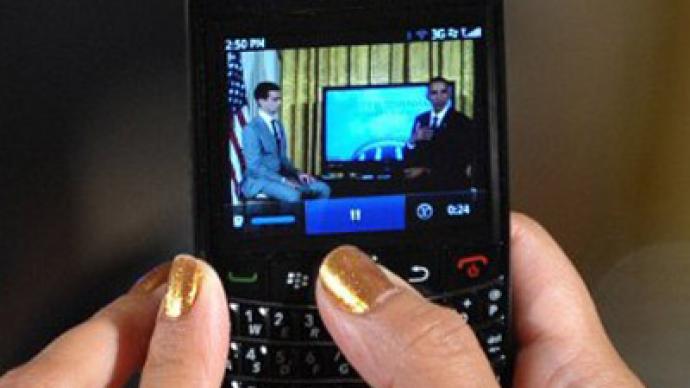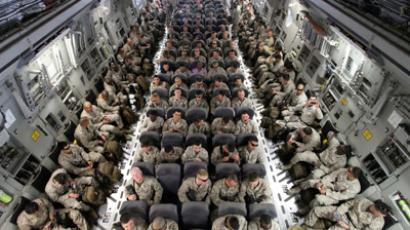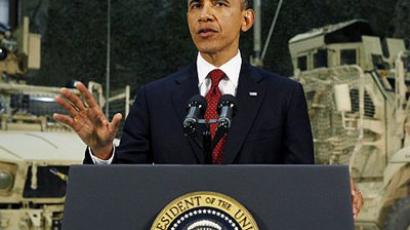Twittelligence: Killing the notion of secrecy

Afghanistan’s Twitter users were chattering about Barack Obama’s unannounced visit several hours before his plane touched down. Apparently, the notion of secrecy is thinning down along with privacy with the advancement of technology.
The first to suggest that the US president would be in Kabul was Afghanistan's TOLOnews, the leading TV news station. The tweet became as the first crack in the veil of secrecy surrounding Obama’s visit.While major news agencies, which were aware of the trip, remained silent, and American and Afghan officials were busy denying Obama’s arrival, the Twittersphere was abuzz with rumors.“The embassy says Obama is not in Kabul? They are probably being sly, and he is at a military base outside of the capital or has already left the country!” was the speculative tone of the tweets.Official confirmation that the American leader is indeed in Afghanistan came late at night local time.The question remains – did the Taliban monitor the Twitter rumor mill? The radical movement is known to use the micro-blogging service as propaganda vehicle, reporting their successes and denouncing the NATO forces.The fact that they managed to stage the bombings just four hours after Obama left the country may indicate that the militants also pick up intelligence via Twitter.The example, which probably gave a headache to the Secret Service, is just one showing how the ability to instantly report from the site of events with nothing more than a mobile phone is affecting life in unexpected ways.The hunger for information is one of the driving forces behind social networks, and trying to oppose it for such notions as security or moral considerations is becoming increasingly difficult.For instance, Norwegian justice wants to keep the trial of accused mass murderer Anders Breivik semi-closed so that he cannot use it to promote his ideology. Similarly to Britain’s muffling of Irish terrorists in the 1970s, Breivik’s statements can be reported, but not broadcast directly.What worked 35 years ago is failing today. The defendant’s words aimed at rationalizing political mass killings were being pumped through Twitter in real time.Apparently, we have to learn to live in a world in which it is impossible to keep a lid on things deemed too offensive, too sensitive or too dangerous for the public to know.














